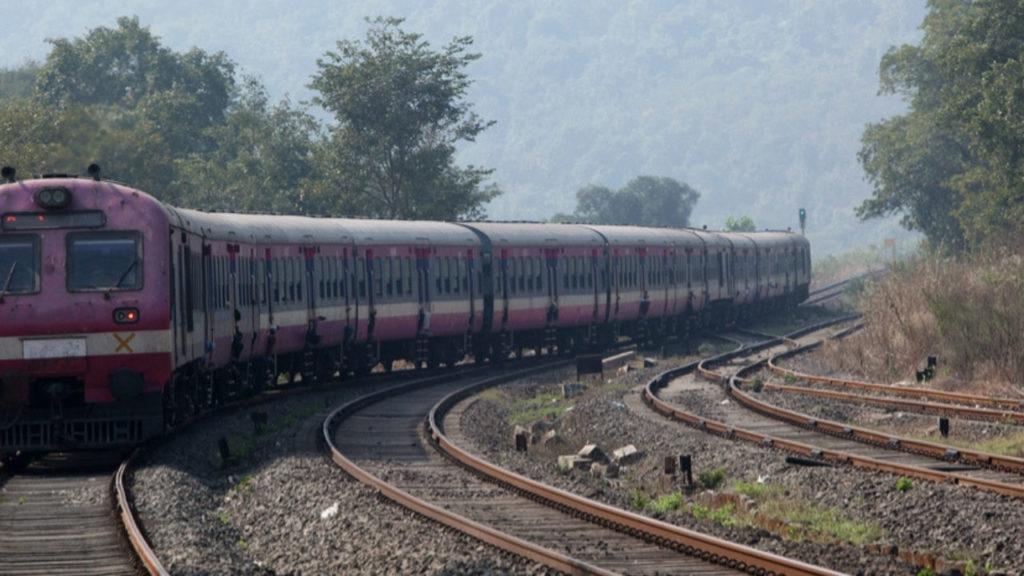Railways New Timetable From December 1: 600 Trains, 10,200 Stoppages Removed To Improve Efficiency

As part of revamping, Indian Railways is all set to introduce a new zero-based time table most probably from 1 December, in the process removing over 600 passenger trains and 10,200 stations.
How Does This Help?
The removed stations list includes 1,600 night stoppages in hopes to make the operation more efficient.
This first-of-its-kind exercise would happen due to less footfalls which caused heavy losses in passenger business.
The Indian Railways is expecting a boost in the railways’ earnings by about Rs 2,000 crore a year.
Till now, the railways has a total of 4,600 regular trains including mail/express, premium, superfast and local trains.
Out of these, 686 less-patronised trains have been identified to be merged with the other popular services.
In addition to that, 363 local passenger trains are slated to become mail/express.
While, the new zero-based time table envisages 120 mail/express to be upgraded to a superfast service.
Here, a mail/express train is supposed to run at an average speed of 45 km per hour and superfast service average speed is 55 KMPH.
Removal Of Link Express Service
Apart from the above changes, railways is also getting rid of the old practice of link express train service in the new time table.
This is also known as slip coaches or sectional carriages where coaches are left behind after being detached from the rest of the train at a station prior to the final destination of the rest of the train.
Afterworld, these slip coaches are re-attached to another train after being detached from the first one.
In doing so, the passengers in the coach do not have to change trains for their destination.
Instead of that, now the railways would be running a separate train to cater to the demand and improve the efficiency, according to sources.
With this move, there will be significant drop in the night halts in the rail network as the zero-based time table will be having train stoppages at major stations only and will be discarding the halts at other stations during the night time.
Here with the less number of trains slated to run, railways will have adequate time for maintaining the tracks which is very crucial for the safety measures and prevent accidents.
This move will also provide enough paths to run more freight trains at higher speed.

Comments are closed, but trackbacks and pingbacks are open.